
Each year at Passover, Jews read this line in the haggadah, "In every generation a person is obligated to see themselves as if they had left Egypt." Why? Because each of us should understand that in our generation, just as in our ancestors' generation, the status quo is not inevitable. Societies founded on inequality, on domination of others, on ruling those who do not wish to be ruled cannot, in the arc of history, last. In every generation there is a wrong to be righted. Today, it is in our hands to right it.
This year, you can add flavor to your seder by sharing this thoughtful reflection by Rabbi Toba Spitzer. Rabbi Spitzer, who is the recipient of Americans for Peace Now’s 2015 Elizabeth Wyner Mark Peace Award, has graciously contributed our 14th haggadah insert. In it, she reminds us of the costs for freedom, and asks us to make an honest reckoning, an acknowledgment, and perhaps a commitment to make some kind of repair to those who are affected by the privileges we enjoy.
Since 2001, Americans for Peace Now has asked rabbis from the extended APN family to contribute reflections on the haggadah: that story which has for centuries been understood as the archetype of liberation. Many of us have made these reflections a permanent part of our seder - we hope you will, too. You can find them here.
May we all enjoy a sweet and liberating Passover,

Debra DeLee
President and CEO,
Americans for Peace Now
Submitted by Rabbi Toba Spitzer (2015)
Rabbi Spitzer is recipient of Americans for Peace Now’s 2015 Elizabeth Wyner Mark Peace Award
To be read just before the recitation of the ten plagues.
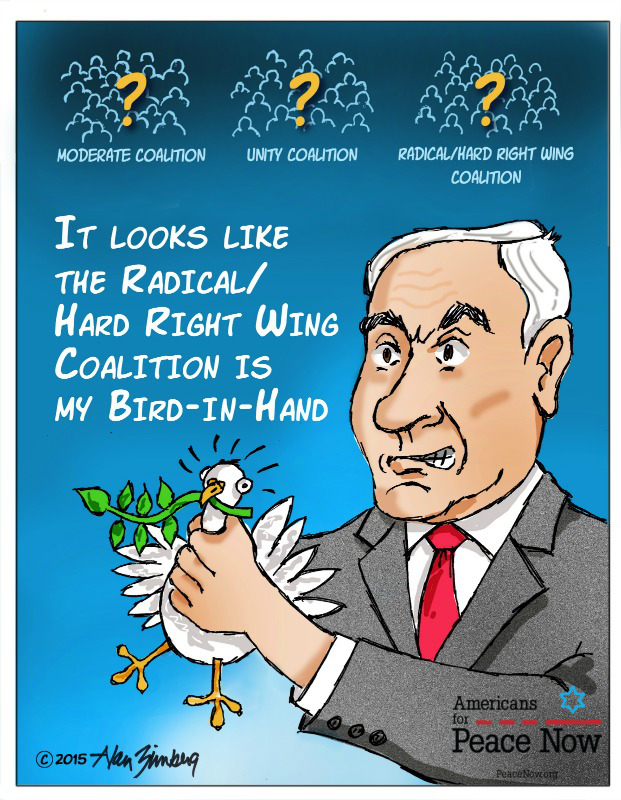

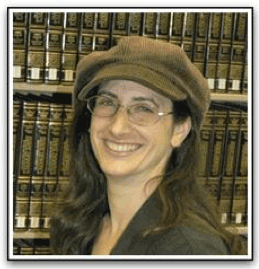

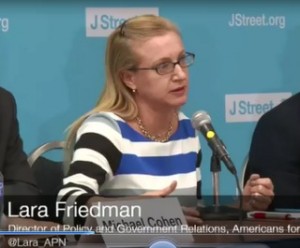 There were only a handful of Israeli settlers beyond the Green Line in 1968, when Lyndon Johnson
became the first American president to express opposition to settlements in the West Bank. Now, despite protest
from every subsequent administration, there are more than 350,000 Israelis living in the West Bank and 200,000
in East Jerusalem. President Johnson’s prediction that settlements would “prejudice a peace settlement” has come
true, as the dramatic rise of the settler movement—in both numbers and political power—has complicated repeated
efforts to achieve a two-state solution.
There were only a handful of Israeli settlers beyond the Green Line in 1968, when Lyndon Johnson
became the first American president to express opposition to settlements in the West Bank. Now, despite protest
from every subsequent administration, there are more than 350,000 Israelis living in the West Bank and 200,000
in East Jerusalem. President Johnson’s prediction that settlements would “prejudice a peace settlement” has come
true, as the dramatic rise of the settler movement—in both numbers and political power—has complicated repeated
efforts to achieve a two-state solution.
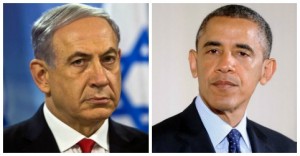 Update: this action, now closed, ran in March 2015.
Update: this action, now closed, ran in March 2015.
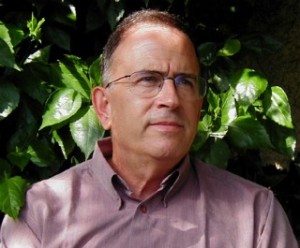 On March 18, 2015, the day after Israel's general elections, Israeli political expert Yossi Alpher
was APN's guest on a briefing call analyzing the election results.
On March 18, 2015, the day after Israel's general elections, Israeli political expert Yossi Alpher
was APN's guest on a briefing call analyzing the election results.